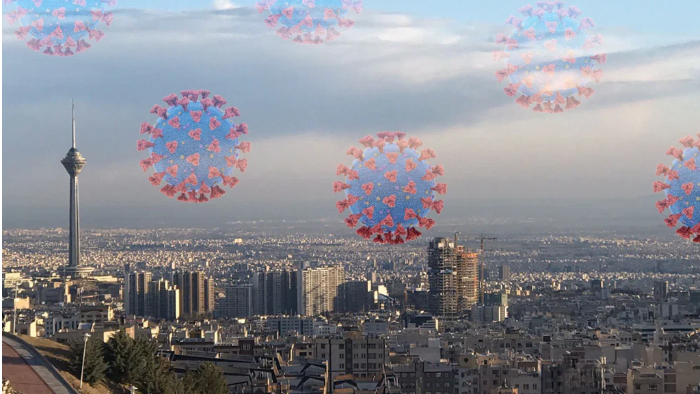The coronavirus pandemic is changing everything — including the quality of the air we breathe.
In three coronavirus hotspots, satellite imagery revealed a dramatic decline in air pollution in recent weeks as China, Italy, and Iran were brought to a standstill. One Stanford scientist estimated that China’s coronavirus lockdown could have saved 77,000 lives by curbing emissions from factories and vehicles — nearly 10 times the number of deaths worldwide from the virus so far.
But the blue skies are unlikely to last. Just as the temporary dip in global carbon dioxide emissions could be reversed when companies eventually increase production to make up for lost time, air pollution could rebound with a vengeance when factories and traffic spring back to life. On Tuesday, the Chinese government said it plans to relax environmental standards so factories can speed up production.
Air pollution and the virus have a close relationship. Breathing unclean air is linked to high blood pressure, diabetes, and respiratory disease, conditions that doctors are starting to associate with higher death rates for COVID-19, the disease caused by the novel coronavirus. Physicians say that people with these chronic conditions may be less able to fight off infections and more likely to die of the disease.
“The air may be clearing in Italy, but the damage has already been done to human health and people’s ability to fight off infection,” said Sascha Marschang, acting secretary general of the European Public Health Alliance, in a statement.
Evidence suggests that bad air quality may have increased the death toll of a previous coronavirus outbreak, the SARS pandemic of 2003. One study of SARS patients found that people living in regions with a moderate amount of air pollution were 84 percent more likely to die than those in regions with cleaner air.
And now, health officials are warning that people who live in polluted places anywhere may be at greater risk again. “I can’t help but think of the many communities where residents breathe polluted air that can lead to chronic respiratory problems, cancer, and disease, which could make them more vulnerable to the worst impacts of COVID-19,” wrote Gina McCarthy, the president and CEO of the Natural Resources Defense Council, in a post this week about how the organization is responding to the coronavirus.
Clearing the air could help vulnerable people fight off the threat of deadly disease — during this pandemic as well as any future ones — and save millions of lives in the meantime. Governments already have a pretty good idea of how to clean up air pollution, and it doesn’t involve a global pandemic.
